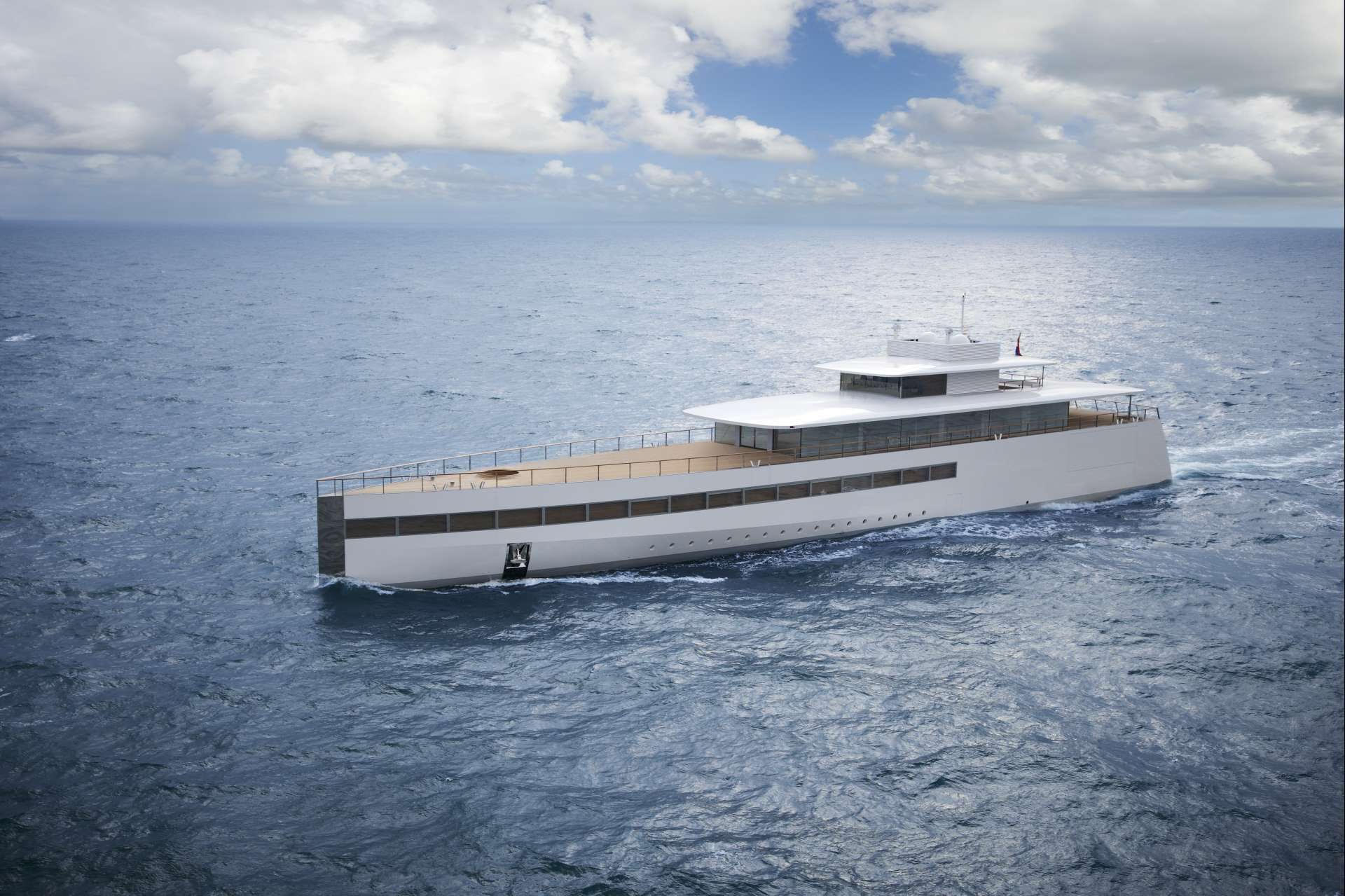The Will of the Father
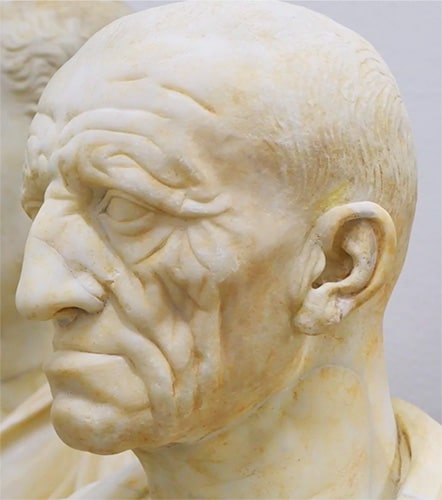
– The Torlonia Tragedy
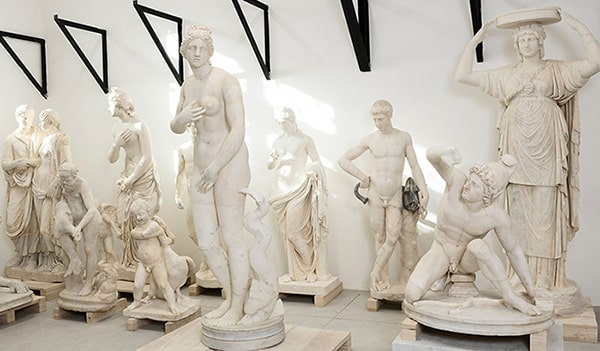
Ph. Credit Lorenzo De Masi
The legendary Torlonia Collection is considered by many as the world’s most important private collections of ancient marble sculptures. Approximately 96 pieces from the priceless collection of 623 ancient Greek and Roman sculptures will be on display late this year (2020) in the exhibition The Torlonia Marbles: Collecting Masterpieces, at the Capitoline Museums in Rome, Italy.
At least a part of that collection, valued anywhere from €500 million to €1 billion, was almost secretly sold by a senile father and unscrupulous grandson to the Getty Museum.
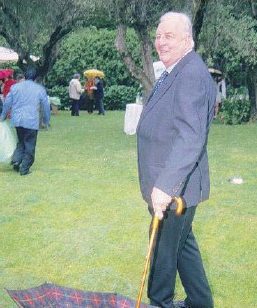
Rare photo of Don Alessandro
It all began with Don (Prince) Alessandro, known for his gruff character, who was the last lay assistant to the papal throne of the Papal Court. He died at the age of 93, on December 28, 2017.
As early as the year 2010, he was in discussions with Phoenix Ancient Art (owned by Lebanese brothers Ali and Hicham Aboutaam, controversial antiques dealers). They were attempting negotiations between Prince Alexander and Timothy Potts, director of the Getty.
Everything was aimed at “preparing for sale” the extraordinary collection and they were assisted by a Delaware finance company, which agreed “to participate” in the attempt to “sell or transfer” the Torlonia sculptures. Knowing full well that this act is against Italian Patrimonial law, their clever idea was to put on display at least part of the collection in Rome, while certain pieces would be “temporarily” exported to Malibu for special exhibits.
However, the prince must have gotten cold feet. In the year 2014 he created the Torlonia Foundation, which contains the 623 ancient Roman statues as well as their Villa Albani (home to another collection of antiquities). He appointed president of the Foundation his grandson, Alexander Francis Poma Murialdo, son of Paola Torlonia. In fact, all of the prince’s children – Paola, Francesca and Giulio – were named members of the foundation – except one.
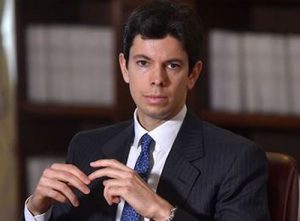
The grandson, unlike the rest of the family, is not so reserved about having his photo taken.
Alexander Murialdo then also became the executor to the estate of his grandfather, Prince Alessandro. In that same year, 2014, he was also named president of their family owned bank – the Banca del Fucino.
All of these meetings and potential deals were denied and hidden from Alessandro’s oldest son, Carlo.
A year after his father’s death, Carlo took his family to court and had placed a precautionary judicial seizer on all their assets. This action threw all of the family’s private infighting into the public light.
The Nightmare Begins
In the last year of Prince Alexanders’ life, he had sent Carlo several letters accusing the eldest son of hating the family, calling him “ungrateful” and “unworthy” of the family name. Accused of “just wanting the money”, and “lack of nobility”, Carlo did not know that his father had been “ill” since 2013.
Carlo in court proceedings spoke of falsified father’s signatures, of missing works, of attempts to sell part of the assets to recapitalise the family owned Banca del Fucino.
After the seizure, Alexander Murialdo denied the accusations of Carlo, claiming his grandfather had a great interest in doing things correctly, and that it was Carlo himself who was responsible for the deteriorated relationship with his siblings and deserting the family.
However, the family owned bank, which was founded in 1923, and in 2016 was valued at €390 million, had been sold for a symbolic sum of €1,200 in an agreement to not to raise liability issues.
The 2016 financial year for the bank had closed with a loss of 47.5 million “with significant capital impacts”. The first investigations against the bank were launched in February 2017, and ended with “unfavorable results”. Between December 2016 and March 2017, the Bank of Italy inspectors recorded a good €70 million in bad debts, in detail 288 reclassified bad loans for approximately €63 million.
 Among many disturbing details in the report from the Bank of Italy inspectors, was evidence of loans that were recorded in a simple diary, like at a butchers’ shop. In several cases the granting or renewal of temporary credit lines took place on the basis of mere “reminders” for the management, without providing the appropriate application and without the respective delegation limits. In 15 cases, at the request of the board of statutory auditors, the absence of any ratification by the Board was discovered. The entire board of statutory auditors was also accused of “omissive conduct”.
Among many disturbing details in the report from the Bank of Italy inspectors, was evidence of loans that were recorded in a simple diary, like at a butchers’ shop. In several cases the granting or renewal of temporary credit lines took place on the basis of mere “reminders” for the management, without providing the appropriate application and without the respective delegation limits. In 15 cases, at the request of the board of statutory auditors, the absence of any ratification by the Board was discovered. The entire board of statutory auditors was also accused of “omissive conduct”.
Alexander Poma Murialdo was found responsible, as administrator, for damage caused to the family holding company, Torlonia Partecipazioni spa, and the damage caused justified a conservation seizure of his assets for just under €40 million.
To recapitalise the Banca del Fucino, Alexander Poma had planned to sell at least some of the priceless collection of statues. The agreed price from the Getty was €70 million.
To date, Alexander Murialdo is still president of the Torlonia Collection. The Bulgari Group are the main sponsor for the restoration of the 96 Greek and Roman statues that will go on display. Alexander is quoted as stating that the works of the Torlonia collection are the “cultural heritage of the Family for humanity to be handed down to future generations”.
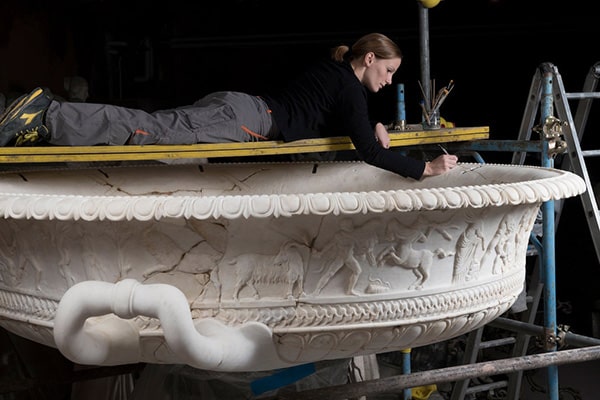
Restoration of an important piece in the Torlonia Collection.
Sources:
quotidianodelsud.it/
ilsole24ore.com/
ilgiornaledellarte.com


